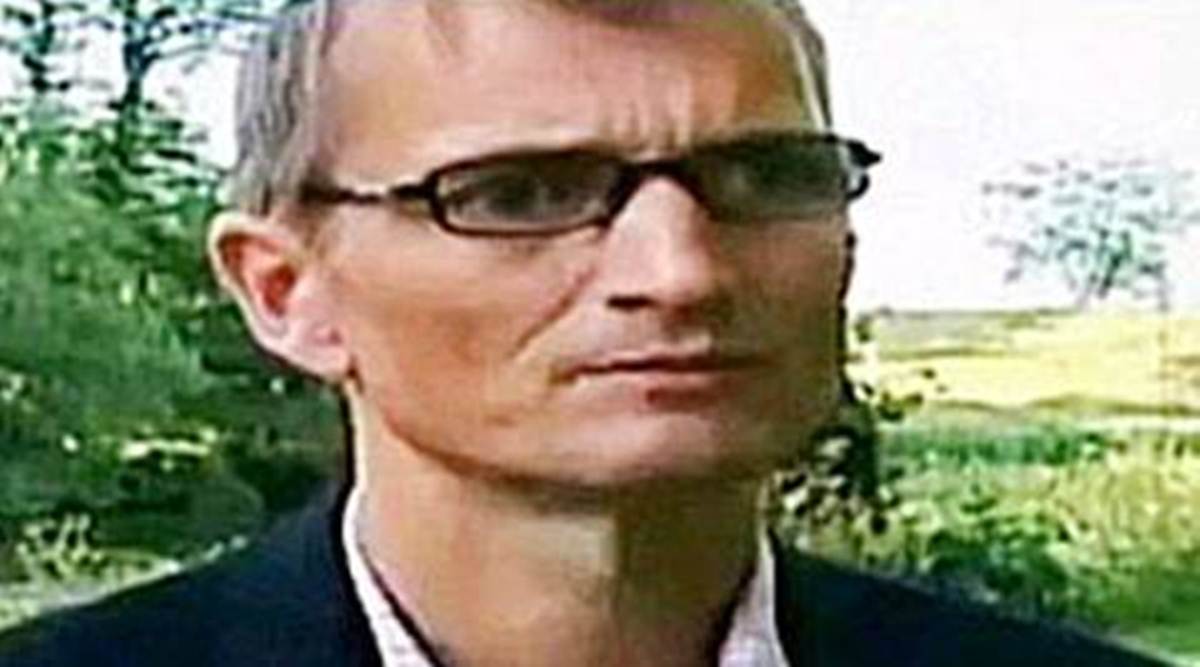By stalling process, Denmark has shown contempt for Indian institutions.
A note on India-Denmark relations on the official website of the Indian embassy in Copenhagen states, “Between July 2010 and 2016, India’s relations with Denmark were affected by the extradition case of Kim Davy and there was minimal official contact between the two sides, which adversely affected trade and economic relations and cooperation in multilateral forums…it was decided to review our relations and allow ministerial visits and official contacts between India and Denmark in end-2016…” Official statistics do not show a great rise in India-Denmark trade and economic activity after 2016. Two-way trade in goods was $1 billion in 2009-10, $1.1 billion in 2015-16 and $1.3 billion in 2020-21. These statistics question the embassy’s assessment of the commercial impact of Indian policy in the 2010-2016 period.
India-Denmark ties have become increasingly vigorous over the past five years. Danish Prime Minister Mette Frederiksen’s state visit to India this month is part of this robustness. But, during the same period, India has effectively given up on extraditing Kim Davy. This goes against the assurance held out in 2016 that the self-confessed criminal’s extradition will be pursued purposefully.
After Frederiksen’s visit, secretary (west) Reenat Sandhu was asked a number of searching questions on Davy’s extradition. Her response, “…this matter was raised and we have an understanding that the legal process must go forward and both countries are working on it,” says it all. Significantly, it is not mentioned in the India-Denmark joint statement on the visit.
In his address to the joint press meet following his discussions with Frederiksen on October 9, Prime Minister Narendra Modi too did not mention that India wanted Davy to be extradited. Modi referred to the “democratic values” and “a belief in rules-based order” the two countries shared. However, the Kim Davy case clearly shows Denmark’s contempt for the institutions of Indian democracy.
Kim Davy has publicly acknowledged his role in the Purulia arms drop in 1996. India asked for his extradition. Denmark dragged its feet, asking for assurances that he would not face the death penalty, would be safe in jail during trial and would be allowed to serve his sentence, if convicted, in Denmark. The Danes did not ask for these guarantees at one go. They asked for a set initially. These were given with the Cabinet’s approval. Thereafter, they asked for another set. This was provocative but the Cabinet considered the second set too and approved that they be given to Denmark.
These “sovereign guarantees” mark the highest commitment one country gives to another. The Danish government took enormous time to pass an extradition order on Davy. They did so only in 2010. Davy appealed to a court against the extradition order. In such matters, while it is for the foreign government to defend its order in court, it is invariably assisted by Indian investigating agencies. The CBI sent a team to Copenhagen but the Danish government lawyers virtually kept them at an arm’s length.
The Danish court did not take India’s sovereign guarantees seriously. It chose instead to rely on the testimony of NGOs, which claimed that Davy was unlikely to receive justice in Indian courts and would not be safe in Indian custody. Its disregard for India’s assurances and its attitude towards the Indian judiciary was deeply insulting. The court upheld Davy’s petition and blocked his extradition. The Danish High Court endorsed the first court’s decision. At this stage, the Danish authorities informed India that their prosecutors had decided against appealing the High Court decision in the country’s Supreme Court. This was laughable. Indian protestations were ignored.
The implication of the Danish system’s conduct was clear. It simply did not show any respect for India, its institutions and its word. The Ministry of External Affairs in consultation with other concerned departments and agencies decided that Danish behaviour was completely unacceptable. In its statement of July 8, 2011, MEA noted the judgment would encourage “terrorists and criminals”. It also rejected “the grounds cited by the Danish court as the basis of its decision”.
It can be argued that countries have to move on to look after their interests. Great powers absorb the loss of lives and accept the humiliation of military defeat, as the US has done in Afghanistan. So, does it really matter that India has virtually decided to give up on the attempt to bring Kim Davy to justice? The answer is, yes, it does. Because if a government seeks India’s commitments not once but twice and the Indian state gives guarantees, can it allow its word to be contemptuously treated and the averments of NGOs given credence by a foreign country’s courts? This is the point of principle that the government and India’s political, legal and even strategic classes must ask themselves.
Denmark cannot be allowed to hide behind its judicial system. A European country tried to do so, but in the face of Indian firmness found a way of dealing with its courts. It only asked that the matter be kept confidential. That prevents this writer from revealing more. All countries know how to handle their courts when foreign relations get involved. Denmark is no exception, though it would like to project that it is.
India can continue with relations with Denmark but should it not make it clear that, despite its invitation, a Danish monarch’s visit can only take place if Davy is extradited and faces justice in India? Perhaps, the views expressed and questions raised by this writer on the worth of India’s word are archaic in these new times. But should not, at the very least, this issue be publicly debated?
The writer is a former diplomat
Source: Read Full Article



